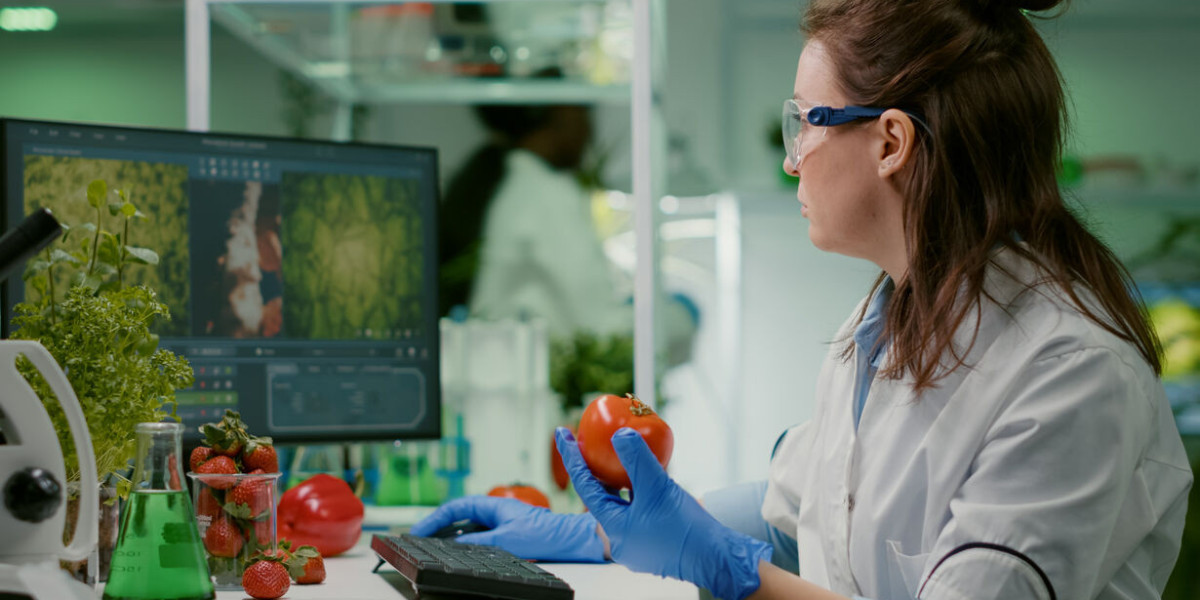ISO 22000 is a globally recognized standard that ensures the safety of food products throughout the supply chain. This certification focuses on providing a framework for food safety management systems (FSMS) that can be applied to all organizations involved in food production, processing, packaging, and distribution. By complying with ISO 22000 standards, organizations demonstrate their commitment to maintaining the highest levels of food safety, thereby protecting consumers and enhancing brand reputation.
Understanding the Importance of ISO 22000
ISO 22000 certification is crucial because it addresses the safety of food at every stage of its lifecycle. From production to consumption, this standard ensures that food safety hazards are identified and controlled effectively. As food safety concerns continue to rise globally, ISO 22000 provides a systematic approach to prevent contamination, reduce risks, and meet regulatory requirements. Organizations that obtain this certification are not only complying with international regulations but also gaining trust from customers and stakeholders.
Key Requirements of ISO 22000 Certification
ISO 22000 outlines several essential requirements for food safety management. One of the primary components is the development and implementation of a food safety policy that demonstrates commitment to the safety and well-being of consumers. Additionally, the standard emphasizes the importance of hazard analysis and critical control points (HACCP) as a tool for identifying and mitigating potential food safety risks. The certification also calls for regular monitoring, internal audits, and management reviews to ensure continuous improvement and effectiveness of the food safety management system.
Benefits of ISO 22000 Certification
Achieving ISO 22000 certification offers numerous benefits to organizations in the food industry. It enhances customer trust by assuring them that the company is committed to producing safe and high-quality food products. Furthermore, it improves operational efficiency by identifying areas for process optimization and risk mitigation. ISO 22000 also helps organizations stay compliant with local and international food safety regulations, reducing the risk of legal issues and penalties. Ultimately, the certification opens up new market opportunities and strengthens an organization’s position in the competitive food industry.
The Certification Process
The ISO 22000 certification process involves several key steps. Initially, organizations must assess their current food safety management systems to determine compliance with the standard. Next, they need to implement the required processes and procedures to address any gaps. After the implementation phase, an external certification body conducts an audit to evaluate the system’s effectiveness. Upon successful completion of the audit, the organization is awarded the certification. It is essential to maintain continuous monitoring and improvement to retain certification and ensure the system remains effective over time.
Conclusion
ISO 22000 certification plays a vital role in ensuring food safety at every level of the food supply chain. It provides a comprehensive framework for organizations to implement, manage, and monitor food safety management systems effectively. By obtaining this certification, businesses demonstrate their commitment to producing safe, high-quality food products that meet the expectations of both consumers and regulatory authorities.







